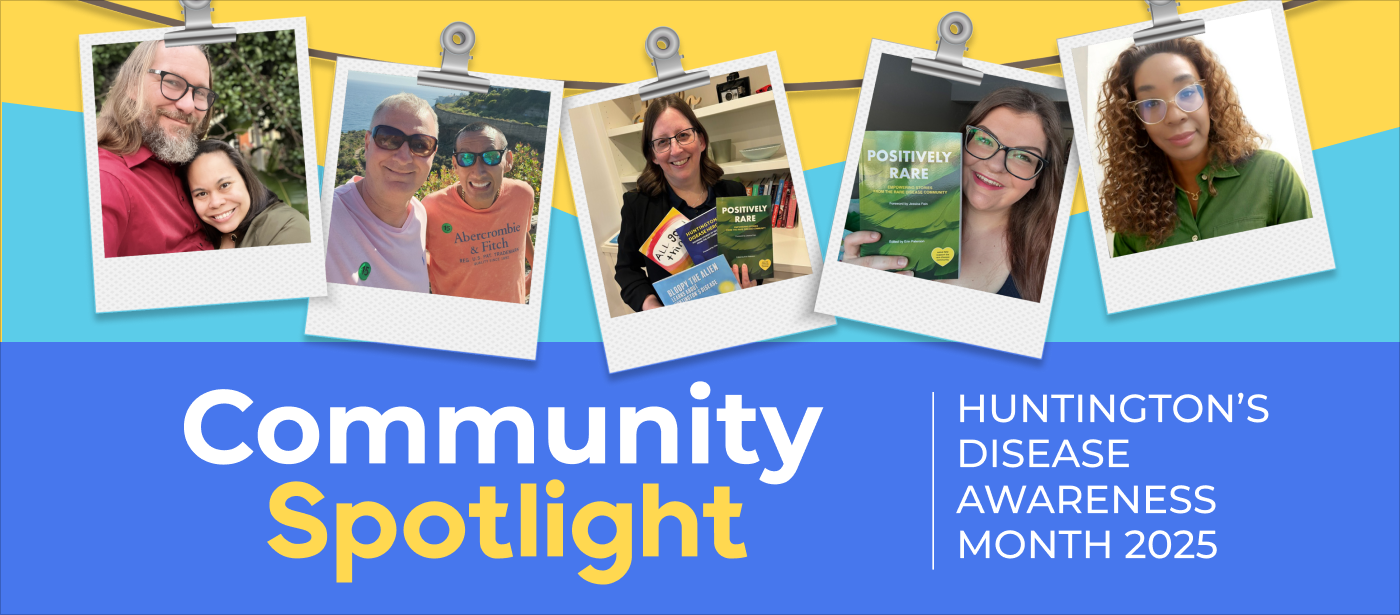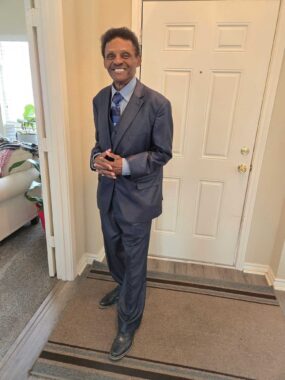Our family story of Huntington’s is one of resilience
Written by |


Larry Boyd is an advocate for people with Huntington’s disease. (Courtesy of Larry Boyd)
This is Larry Boyd’s story:
It all began in the mid-1960s when I entered high school. My mother was taken to a University of Colorado hospital for what was initially diagnosed as a nervous breakdown, but we soon discovered she had Huntington’s disease.
The day my family received the diagnosis was a turning point in our lives. The news was devastating, and we struggled to come to terms with the implications. My parents had six children, and learning about the hereditary nature of the condition filled us with a mix of fear, anger, and sadness. But none of us really understood the devastation that Huntington’s would cause in generations to come.
As the disease made slow yet steady progression in my mother, we started noticing early signs of Huntington’s in my oldest sister, who by that point had two children. My youngest sister also tested positive for the disease, and she had two sons. There were now three confirmed Huntington’s patients in our family, with multiple others at risk.
In the midst of all of this, we learned my mother’s sister had Huntington’s, too. Of her 10 children, eight passed the gene mutation to their offspring.
As I look back on the history of Huntington’s in our bloodline, I have come to understand the depth of the human need to create a new life, no matter the mental and physical challenges.
Navigating Huntington’s with support, resilience, and hope
One of our first steps was to seek support and resources. We joined support groups for families affected by Huntington’s, where we met others who understood our struggles. These groups provided a sense of community and belonging, allowing us to share our experiences and gain valuable insights from others who had walked a similar path.
As my mother’s symptoms worsened, we had to adapt to new caregiving roles. My father became her primary caregiver, while my siblings and I supported him in any way we could. We learned to manage our mother’s daily needs, navigate the healthcare system, and provide emotional support. The challenges were immense, but we grew stronger as a family, united in our commitment to care for our mother.
Through the ups and downs, we learned to embrace resilience and hope. We focused on the moments of joy and connection, celebrating small victories and finding solace in each other’s presence. We educated ourselves about the disease, participated in clinical studies, and explored treatments and therapies that could improve my mother’s quality of life. While the road was difficult, our love and determination carried us forward.
Planning for the future became a crucial aspect of our journey. We worked together to ensure my mother’s needs would be met, even as the disease progressed. We explored long-term care options, legal considerations, and financial planning to secure her well-being. These preparations gave us a sense of control and provided peace of mind.
Huntington’s disease has profoundly impacted our family, challenging us in ways we never imagined. Yet, through the trials and tribulations, we have discovered our strength, resilience, and unwavering love for one another. Our journey is a testament to the power of family and the enduring human spirit. While Huntington’s disease remains a formidable adversary, we continue to face it with courage, hope, and unity.
In recognition of Huntington’s Disease Awareness Month in May, the Huntington’s Disease Community Spotlight campaign features a series of stories highlighting the real-life experiences of people affected by Huntington’s, written in their own words. Follow us on Facebook, Instagram, or X for more stories like this, using the hashtag #HDSpotlight, or read the full series.




